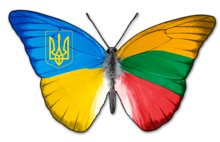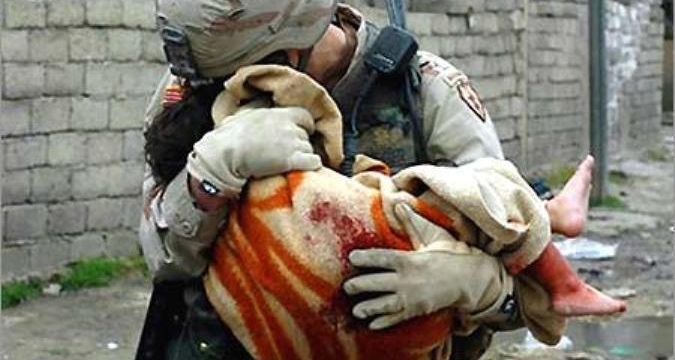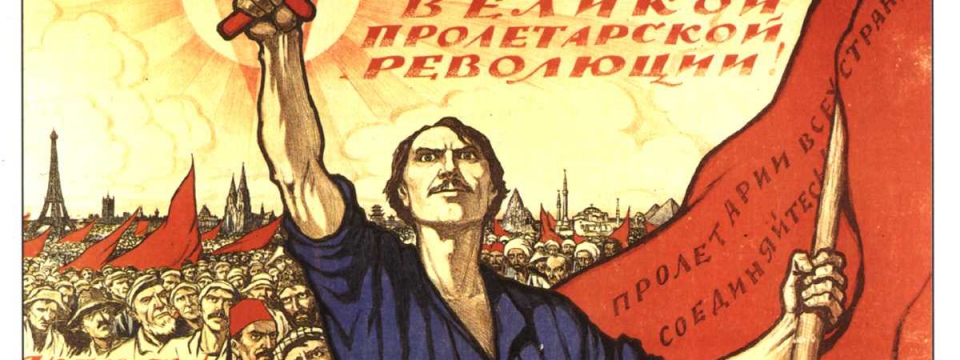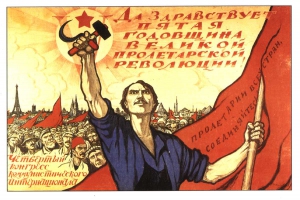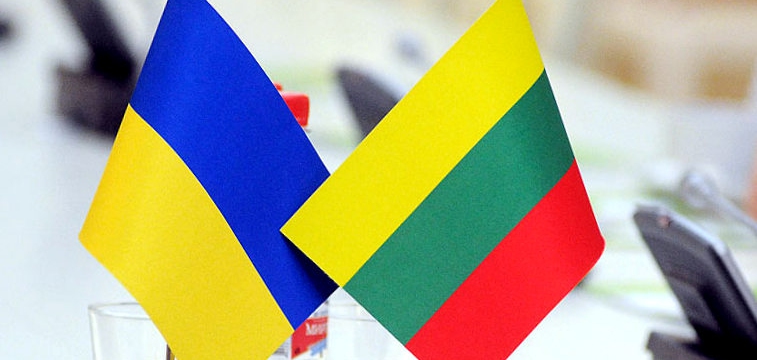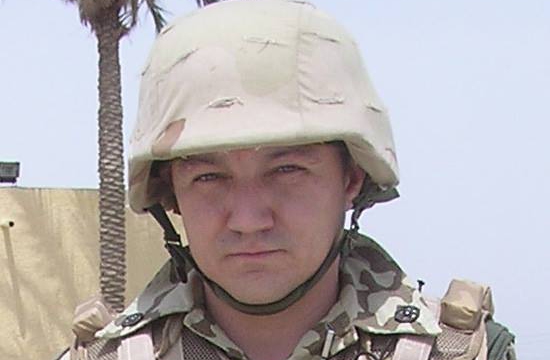Translated and edited by Voices of Ukraine
I apologize for posting our summary a little earlier today, for organizational reasons. Hopefully, nothing bad will happen by the end of today. If something good happens–please.
The bad news:
1. In Luhansk and Donetsk, the pro-Russian clowns, who loudly announced themselves as ‘National Councils’ (although ‘alcoholic interest clubs’ or ‘Putin’s money fan clubs’ would be more appropriate) have nevertheless decided to hold their show named ‘referendum on independence’ in these Regions.
Tonight, good people burned to hell over a million prepared blank forms in the printing shops of Donbass. But Moscow has money in bulk. They will print out more.
In general, after the upcoming exacerbation on May 9, [people] should prepare for events after May 11, when this very ‘referendum’ is scheduled. This scenario is known from [events in] Crimea: just under 100% of the population will ‘vote’ for ‘independence’ and Uncle Vova [diminutive for Vladimir Putin] will tend to the ‘protection of people’s will’ thereafter.
If we don’t stop this separatist circus now, it will be much more difficult to do it later.
2. An armored ‘Tiger’ vehicle broke through the border checkpoint from Russia–a ‘gift’ to separatism from [controversial Russian politician, Vladimir] Zhirinovsky. Then, it traveled through Luhansk.
What an outrageous occurrence. But here, I’d like to share our common alarming observations in general.
Yes, the overall reliability of the Ukrainian-Russian border protection in Luhansk and Donetsk Regions is questionable. On the one hand, nobody has cancelled corruption. But a far greater problem is that the border control officers do not have significant forces and capabilities to cope with large extremist groups or, as in this case, with armored vehicles, on their own.
This is–the task for other law enforcement agencies, which should reinforce the ‘border guards.’ If there is no cooperation, then we won’t be able to resolve the border issue.
3. Today, Putin has gathered the Presidents of his satellite countries from the Collective Security Treaty Organization–Kazakhstan, Belarus, Armenia, and Kyrgyzstan. He decided to show them the ‘Potemkin’ exercises of the Russian troops. They rolled out serious weaponry–a heavy flame thrower system TOS-1. Gave the command to open fire.
And… pshik… zilch. Nothing happened.
If I were a Russian, I would be concerned by the fact that their miracle leader who only has tanchiki [diminutive for tanks] in mind also has a nuclear button. If this maniac, preparing to fight with the whole world, decides to use it, there will be no Urals anymore. Moscow Region will cease to exist, too. For the arms of valiant Russian warriors do not grow out of the same place that all normal people’s arms grow.
The bad thing about this is that Putin doesn’t intend to impress the world with high-tech, efficient farming or Russian culture. This insane individual can do nothing else but rattle a saber. Even if it doesn’t always perform.
The good news:
1. The Secretary of the National Security and Defense Council Andrey Parubiy has announced that yesterday’s statement by Putin to postpone the ‘referendum’ by Ukrainian separatists–is a political scam.
The Ukrainian government is well aware that Putin’s words are lies backed by nothing else except nefarious plans to lull Kiev’s alertness. And this means that the anti-terrorist operation [ATO] will continue for as long as Ukrainian terrorists don’t rest. In detention center or on the long-suffering land of Donbass.
It’s obvious there is nothing good about Putin’s lie. But the fact that the Ukrainian government doesn’t believe in it, and is ready to continue to save Ukraine–is a definite plus.
2. By lunchtime today, we ended the monitoring of regional preparation for possible provocations that may take place tomorrow, May 9. If the overall forecast is not very reassuring, then it at least gives us hope.
Yes, there are a lot of weaknesses. But in general, the security forces and local authorities have taken measures to ensure that a tragedy like the events in Odessa on May 2 won’t be repeated.
Of course, we can’t make any promises. And we don’t expect that Victory Day will go smoothly. We must be ready for anything–especially those of us in Donbass.
3. On the eve of Victory Day, Russian social media broadcast information that in the Alexander Garden in the Kremlin, the only stele dedicated to the Hero cities in the heart of Moscow that remained without flowers–was the stele of Kiev.
Just a couple of hours after this message, the stele of the Hero city of Kiev was inundated with flowers.
There are adequate people still left in Moscow. Thank you to them. After all, Victory Day is our common holiday. And we, the IR group, would like to congratulate all of you, my brothers and sisters, with it!
And [a couple of words] for the future. We defeated Hitler’s Nazism, and we will defeat Putin’s Nazism.

